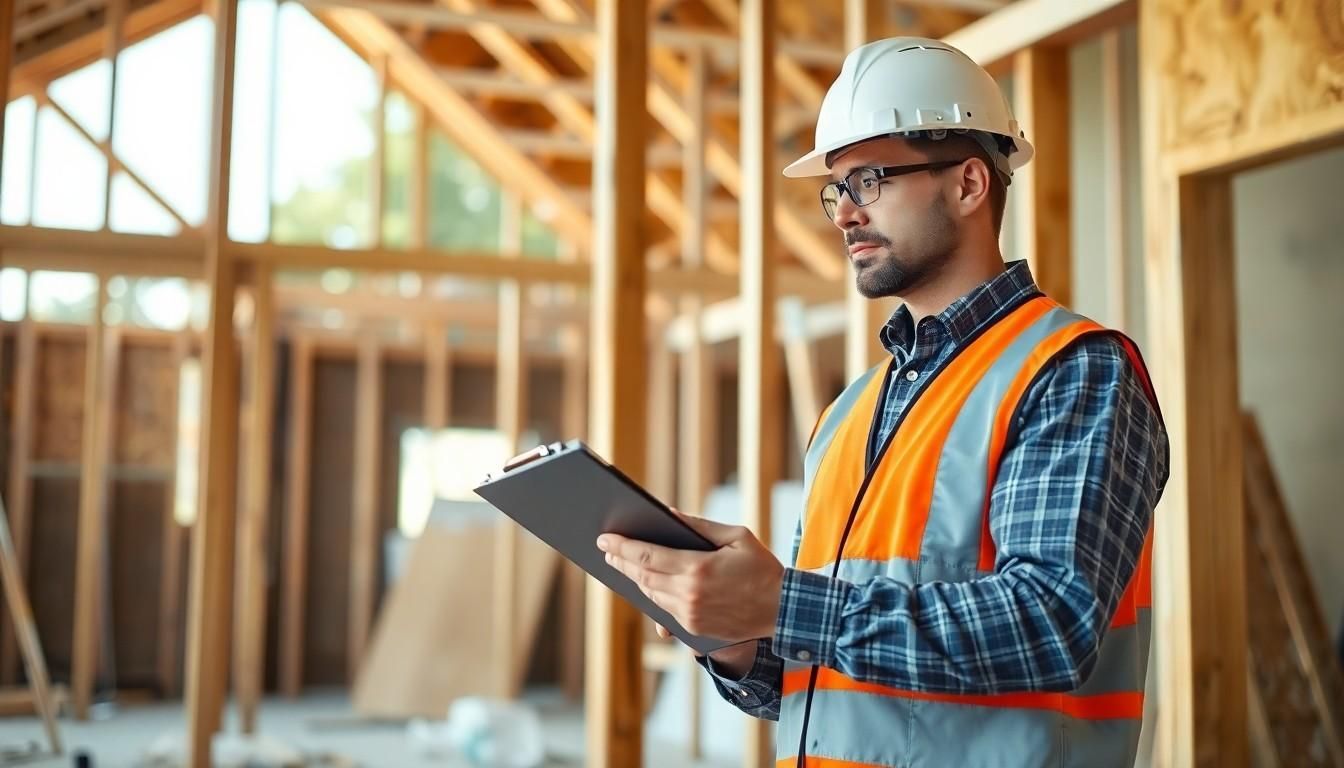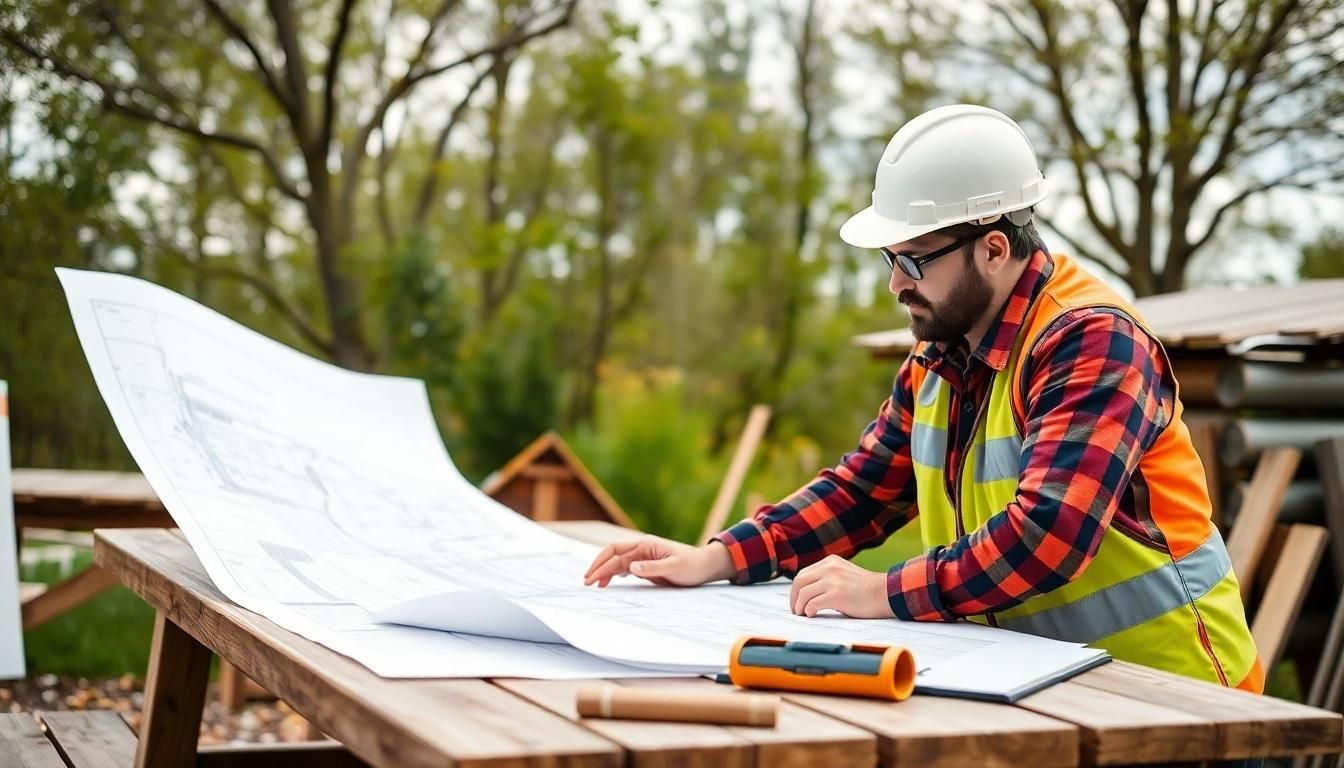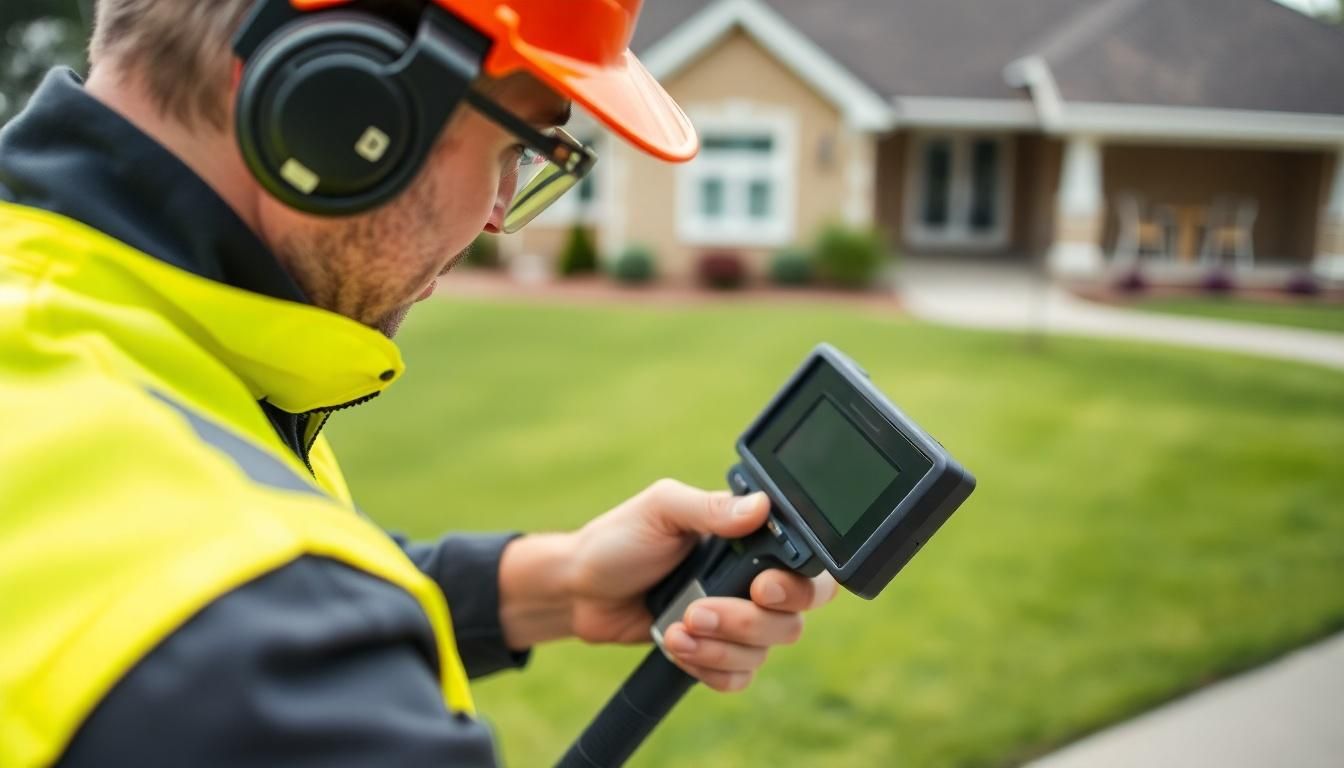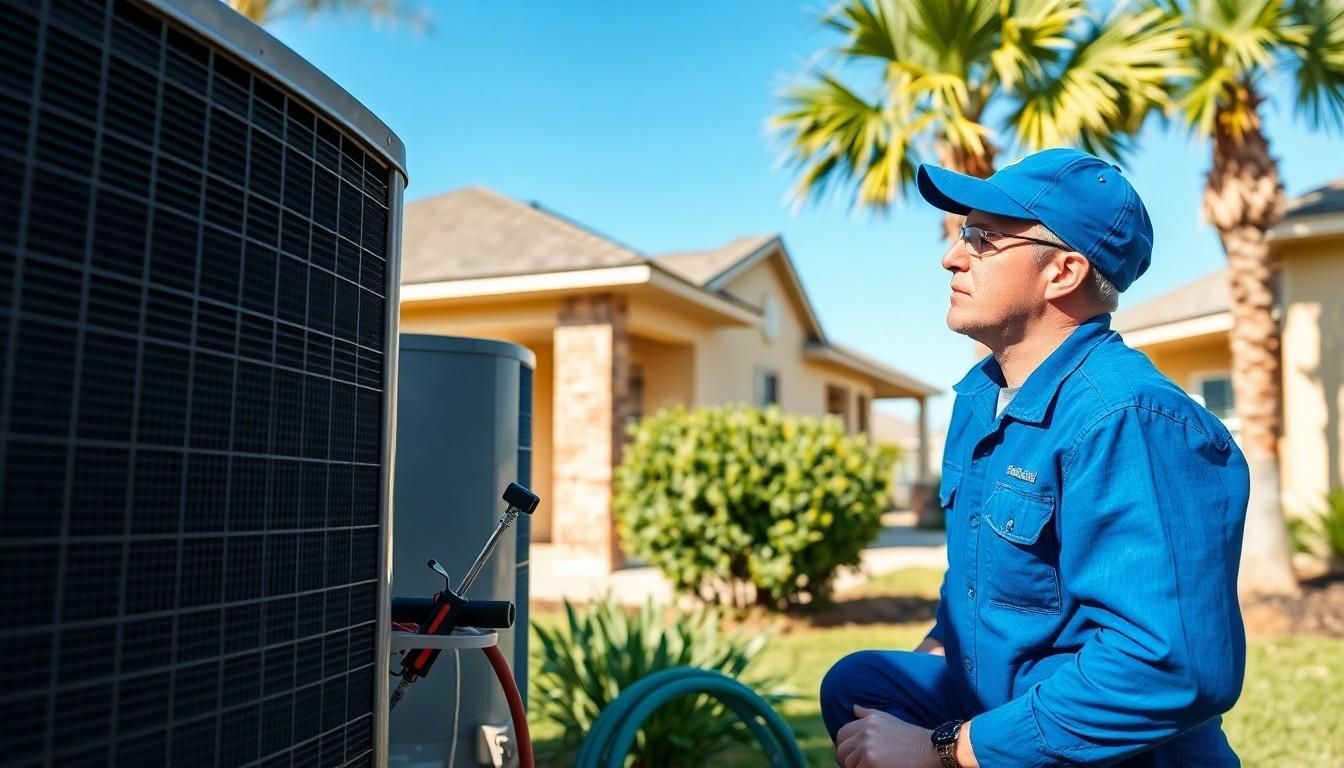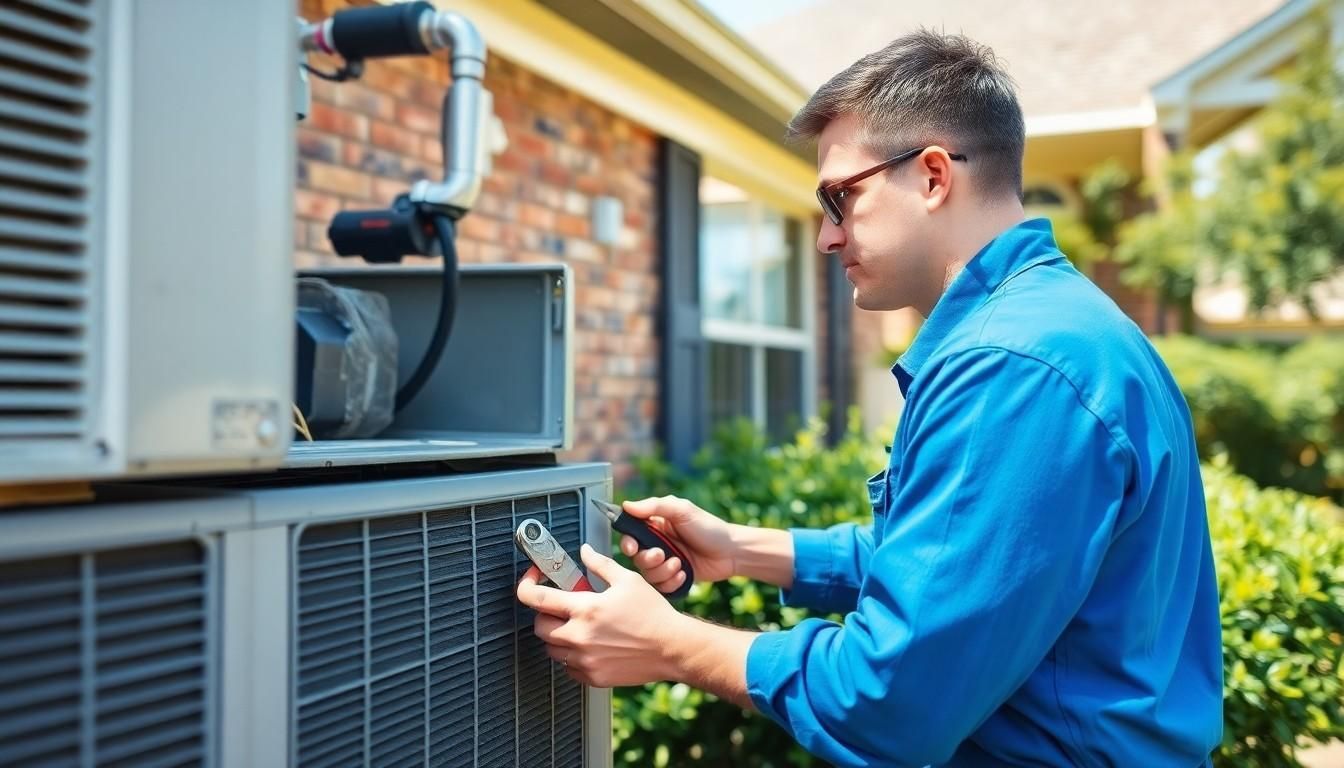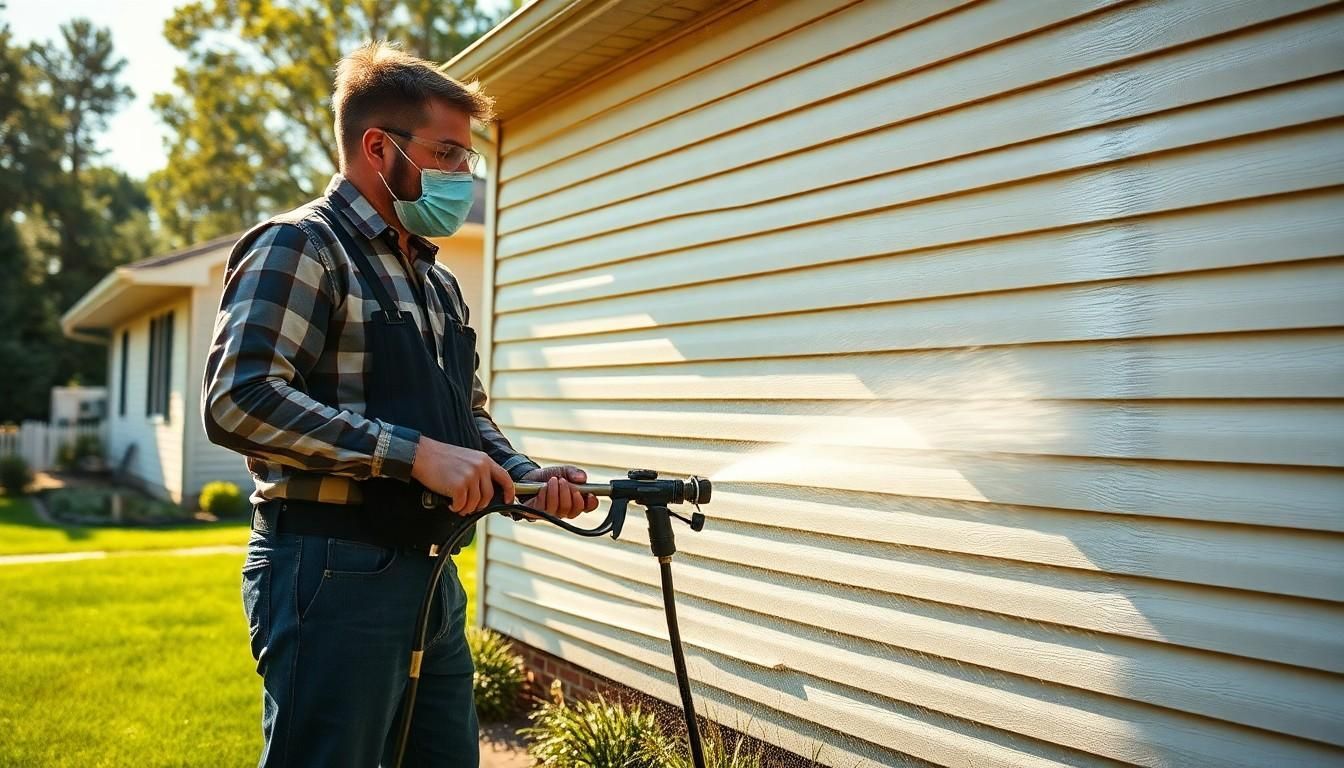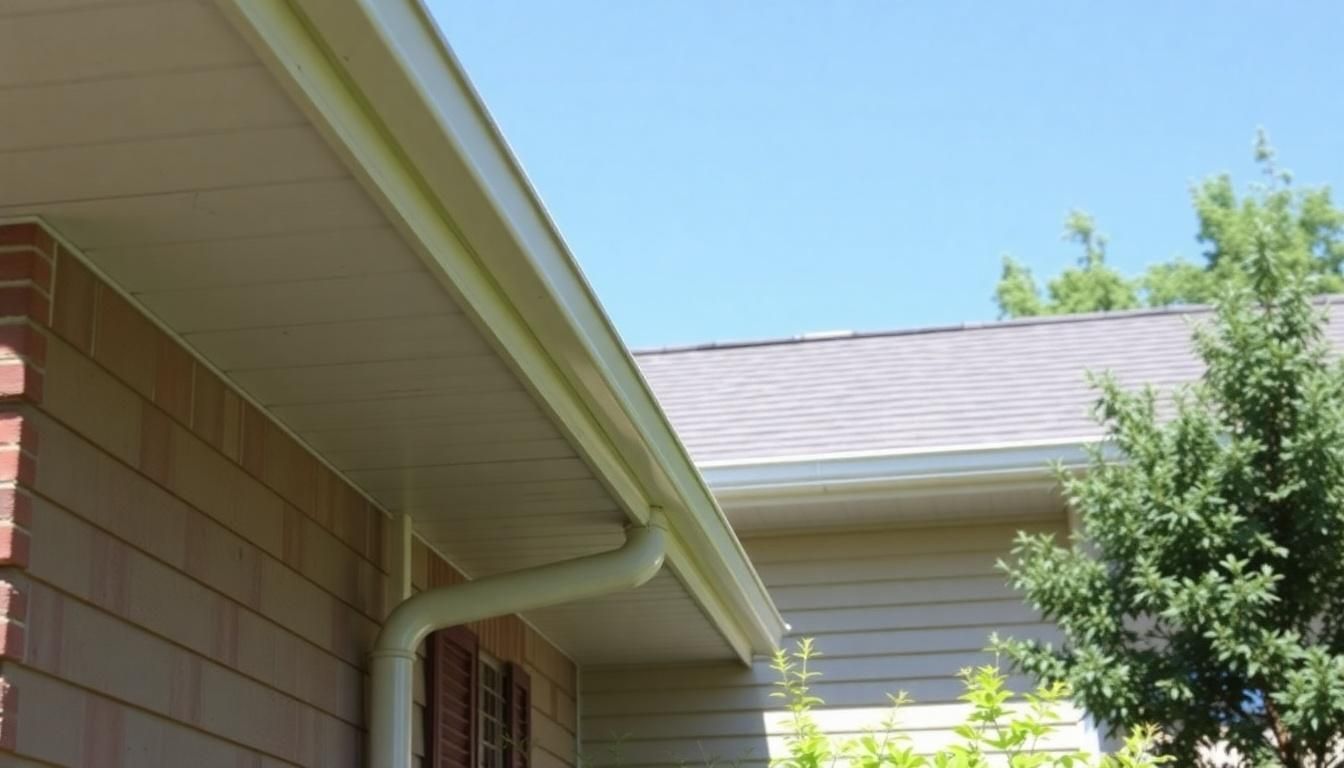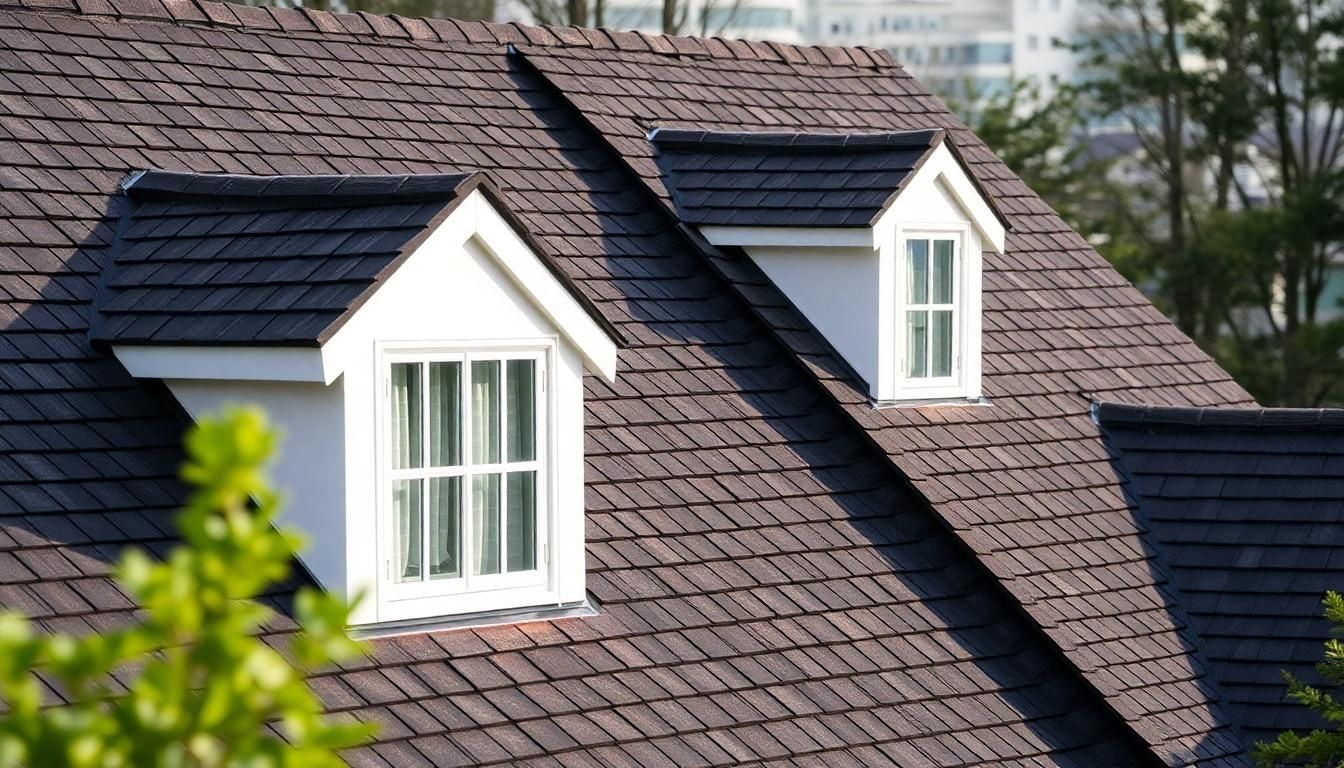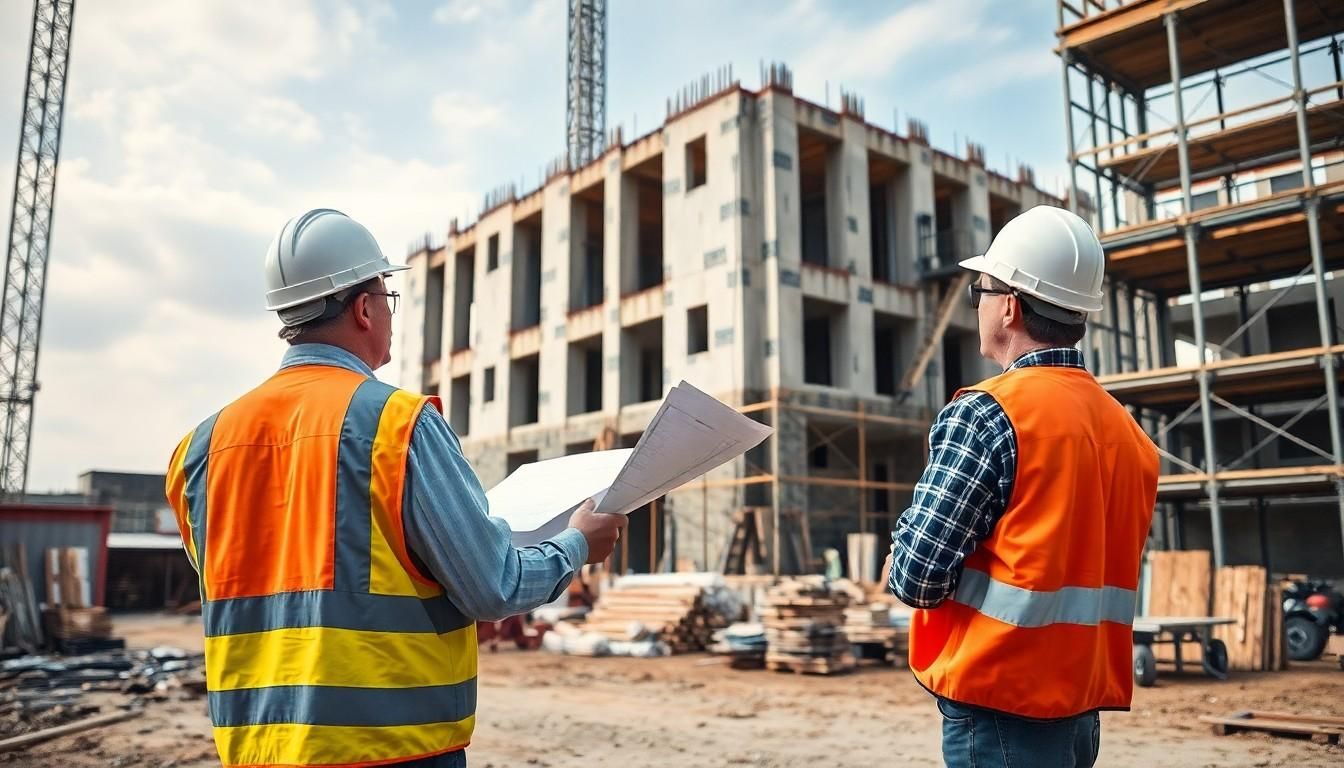How Home Inspections Affect Appraisal Outcomes
- Home Inspection Purpose: Identifies defects (e.g., structural, plumbing) for buyer awareness.
- Appraisal Purpose: Estimates market value (size, location, comparable sales) required for loans.
- Impact on Value: Inspection findings (like structural or HVAC issues) can lower appraisals.
- Sequence: Inspections occur post-purchase agreement; appraisals follow for financing confirmation.
- Condition Importance: Recent renovations increase value; deferred maintenance decreases it.
- Common Challenges: Value perception discrepancies and location issues impact appraisals.
- Solutions: Provide documentation, seek second opinions, engage local experts for clarity.
- Proactive Management: Address findings promptly to align property condition and appraisal, aiding transaction success.
Did you know that a home inspection report could make or break your property's appraisal outcome? While appraisals and inspections serve distinct purposes, they intersect in pivotal ways that can affect real estate transactions. Inspections bring to light potential repair costs and conditions influencing property value, impacting an appraiser’s assessment. Understanding this dynamic can safeguard your investments and negotiations. Get ready to dive into the crucial connection between home inspections and appraisals, ensuring you’re well-prepared in the real estate landscape.
Understanding the Relationship Between Home Inspections and Appraisals
Home inspections and appraisals play unique roles in real estate. A home inspection checks for defects, like structural issues or plumbing problems. These findings help buyers learn about a home's condition and plan for repairs. An appraisal, however, estimates the property's market value based on factors like size, location, and comparable sales. While inspections are not mandatory, they are strongly advised to help buyers make informed decisions. Appraisals are required for loans, confirming the property's value for financing purposes.
Inspection results can impact appraisal outcomes, particularly when significant defects are found. For example, issues like foundation cracks can lower the appraised value by increasing anticipated repair costs. Thus, addressing inspection results before an appraisal is crucial. Unresolved defects might lead to a lower valuation or force renegotiations between buyers and sellers.
The sequence of inspections and appraisals is vital in real estate transactions. Inspections usually occur after a purchase agreement is reached, allowing buyers to spot problems and negotiate repairs. Appraisals follow, providing lenders with property value assessments that must match the loan amount. Though optional, inspections avoid hidden repair costs, whereas appraisals are essential for financing, marking a critical step toward closing a sale.
Key Inspection Findings That Impact Appraisals

Home inspectors evaluate various property parts to find potential defects affecting its value. They look at areas like structural integrity, HVAC systems, and roofing. An inspection report can be 20 to 80 pages long, outlining major and minor issues.
Key inspection findings that can impact appraisal values include:
- Structural Damage: Foundation cracks or weak support beams can significantly lower value.
- HVAC Failures: Non-working heating/cooling systems can require expensive fixes, affecting appraisals.
- Plumbing Problems: Leaks or outdated pipes may reduce home worth by signaling underlying issues.
- Roofing Issues: Damaged shingles needing prompt repair can lower appraisal figures.
- Electrical Hazards: Unsafe electrical systems can pose risks and decrease value.
Major defects often lead to renegotiations or required repairs before sale finalization. Buyers may demand repairs or price adjustments for these issues. Sellers might need to fix problems to keep the sale price or face a lower appraisal not supporting buyer financing.
The Role of Home Condition in Appraisal Value
Appraisers evaluate aspects like a home's size, age, and features to decide its fair market value. Recent renovations, such as updated kitchens, can boost appraisals by raising appeal. Conversely, deferred maintenance, like an old roof, can lower value due to future costs for buyers. Overall home condition plays a crucial role in market competitiveness.
Condition factors significantly impact valuation adjustments. Well-maintained homes with modern upgrades typically get higher appraisals as they pose lower repair risks and attract buyers. Conversely, homes needing repairs may face reduced values, complicating financing if the appraised value is less than the purchase price. Discrepancies arise when property condition doesn't match recent comparable sales, requiring negotiation or re-evaluation to align with the market.
Common Challenges and Solutions in Home Appraisals
Challenges in appraisals often arise from value perception vs. actual condition. Location impacts appraisals, as properties in areas with better facilities appraise higher. Discrepancies also occur with differing comparable sales or overlooked renovations. Appraisers may spot issues needing addressing before loan approval, complicating the process.
To address these challenges, consider these strategies:
- Provide Additional Documentation: Include renovation records or improvements to be considered in the appraisal.
- Seek a Second Opinion: Request a second appraisal if discrepancies are substantial.
- Engage with Local Experts: Consult local real estate experts to understand market trends affecting appraisals.
Being informed and proactive helps in managing appraisal issues. By understanding what influences appraisals and preparing for them, homeowners and buyers can navigate challenges. Proactive handling of discrepancies with professionals' help prevents surprises in the process, ensuring smoother transactions and accurate valuations.
Conclusion
In exploring how home inspections can affect the home appraisal, the blog highlighted the distinction between inspections and appraisals, focusing on their roles in real estate. Key inspection findings, like structural and HVAC issues, can impact appraisal values, affecting negotiations and repairs. Addressing challenges in appraisals ensures smoother transactions. Understanding these dynamics can help protect investments and attain accurate property valuations.
FAQ
How does a home inspection affect an appraisal?
A home inspection does not directly affect an appraisal, but findings such as repair costs can influence the perceived value and condition-related adjustments assessed by appraisers.
Does cleanliness impact a home appraisal?
Cleanliness does not directly impact a home appraisal; however, a well-maintained home can present a better overall condition, potentially favorably influencing the appraiser's perception.
Who pays for home inspection and appraisal?
Typically, the buyer pays for both the home inspection and appraisal as part of closing costs, while the financial institution requires the appraisal for loan agreement purposes.
What issues could negatively affect a home appraisal?
Home appraisals can be negatively impacted by structural damage, plumbing or HVAC issues, roofing defects, or outdated systems, leading to possible lower appraised values.
Is the appraisal conducted before or after the inspection?
The sequence often starts with a home inspection soon after an offer is accepted. The appraisal follows, typically required as the next step for lenders in the underwriting process.

